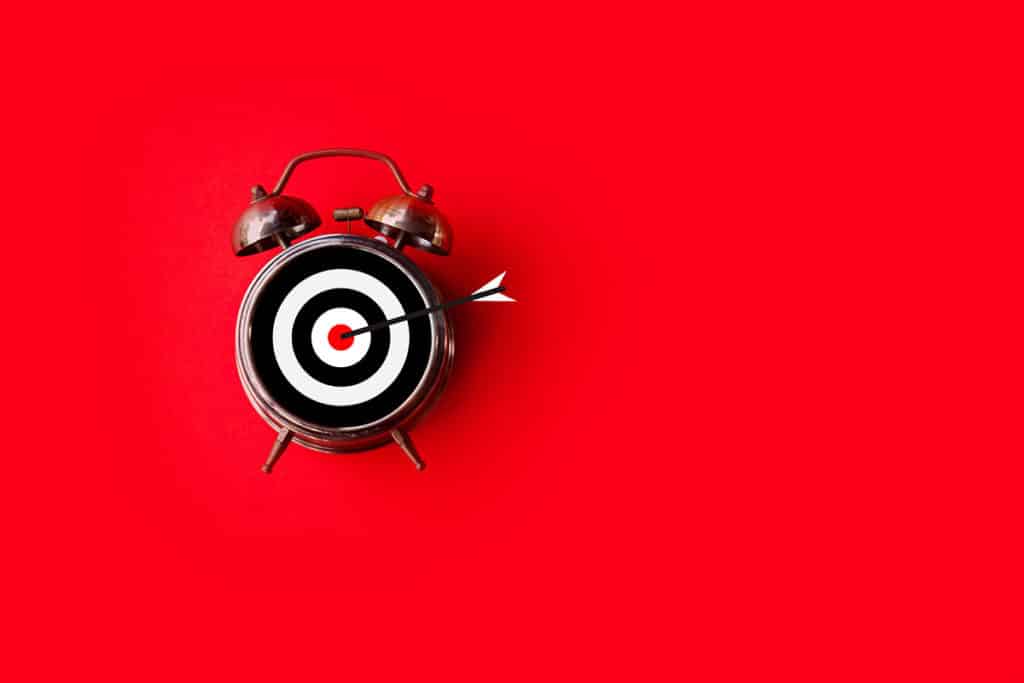How would this email make you feel?
Re: Customer Interview Scheduling
Hey there, just a friendly reminder that you still need to schedule your customer interview…
Is there anything more passive-aggressive than the “friendly reminder” email?
Let me nag you, but don’t be mad because I’m a “friendly” nag. I didn’t want to nag in the first place, but you made me do it—it’s really your fault. Please do the thing I want so I don’t have to feel bad about nagging you to do it.
Yuck.
Yet I’m convinced “friendly reminders” constitute at least a third of all the emails sent today, and the collective global energy consumption to send friendly reminder emails is ruining the planet faster than Bitcoin mining. I don’t have any stats on that, but scrolling through my inbox, it must be true.
But what should we say when people aren’t doing what they said they would do? When asking nicely isn’t working?
Earlier this year, I was conducting qualitative customer interviews for a client, which are the deepest source of customer insight. (Want to convince corporate money-vultures to make customers a priority? Play video clips of customers talking about their cringe-worthy experiences. Then it’s like persuading a 4-year old to go to Baskin Robbins.)
We’d recruited customers for the interviews, but I had a problem: about 20% of the customers weren’t clicking the link to schedule their session.
I wasn’t sending a cold email. These customers had volunteered to participate. They wanted to be interviewed. All they had to do was pick a time. A few little clickity-clicks on the ol’ mouse. But they were not clicking.
Time to send them another email.
But what should it say?
- Hey there, just wondering if you saw my previous email…
- Hey there, just floating this to the top of your inbox…
- Hey you soggy crouton, I’m STILL WAITING for you to schedule your interview…
No, no, and definitely not. All those messages have the same problem—there are no consequences.
Fear of consequences leads to action
Instead of sending a passive-aggressive plea for participation, I sent them a deadline.
We need your advice. Are you still able to speak with me? If so, please schedule a 45-minute interview. The deadline for finishing the interviews is Friday.
Within 24 hours of sending the deadline email, every single customer scheduled an interview—100% compliance—and the final interview was completed at 5:37pm Friday. (He stayed late because it was so important to him!)
But here’s the funny thing. The deadline was Friday because I said it was. It could have been Monday, Thursday, or a week from Tuesday. It was almost completely arbitrary—but I had a job to do for my client. And when your job depends on uncooperative people, deadlines are a tool.
The presence of a deadline shifted the customers’ perception—sharing their advice was no longer a possibility to be gained, but an opportunity to be lost. There were consequences. If they didn’t complete an interview by Friday, they might never have the chance again. The company would move forward without their input. Their voice would not be heard. Puppies might die.
Deadlines work because of psychological reactance theory. When something threatens a freedom, you not only place greater value on that freedom, but you are motivated to do something to restore it. In other words, deadlines get people off the couch.
You can use this to your advantage any time you have a committed stakeholder who’s not following through—whether that’s a customer, a colleague, or the c-suite.
Hey, CX Leader!
Don’t miss out on CXPRESSO—the weekly email for brave CX leaders. You’ll get CX leadership insights like this every Monday morning to kickstart the week. Join us!
